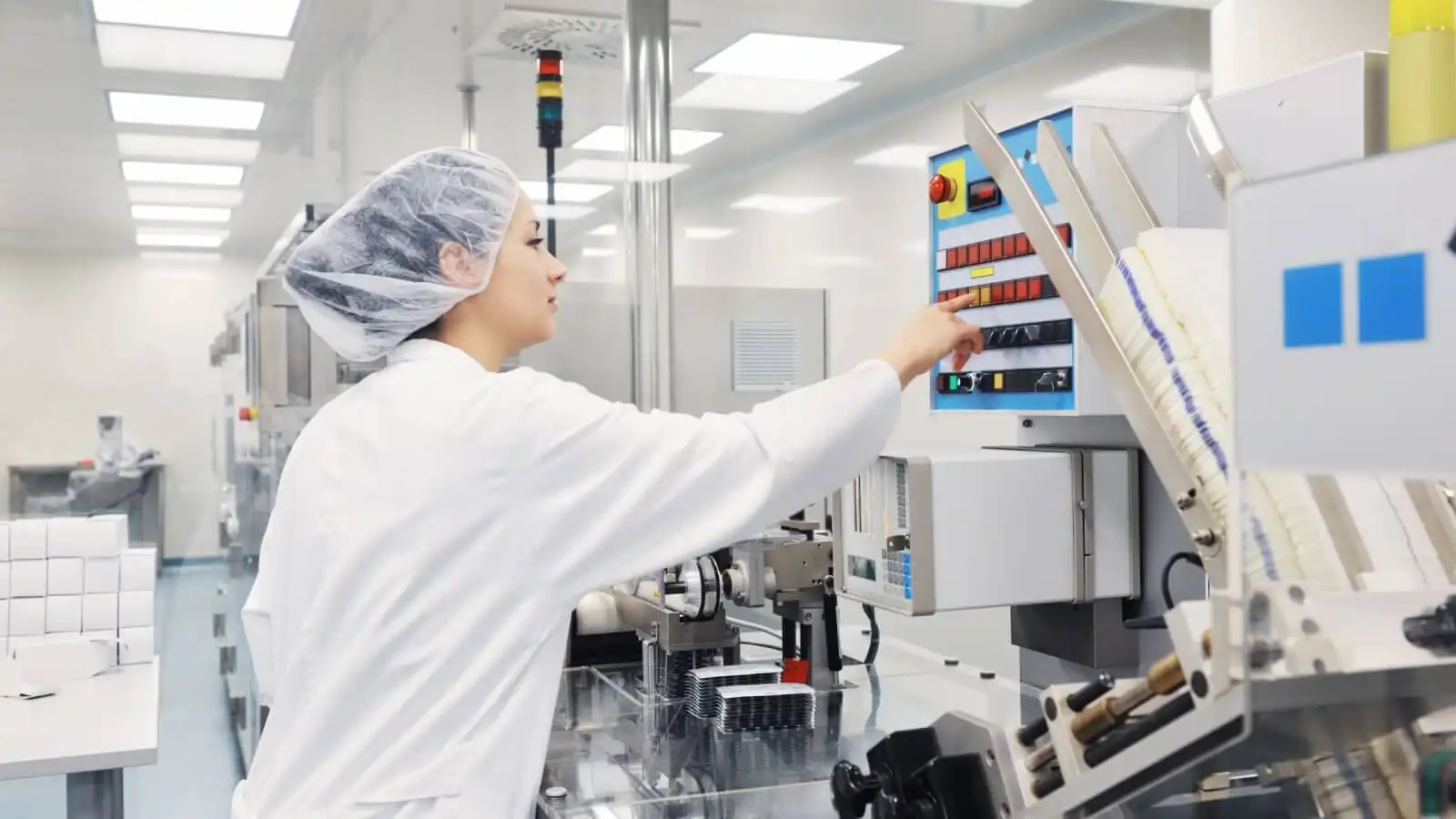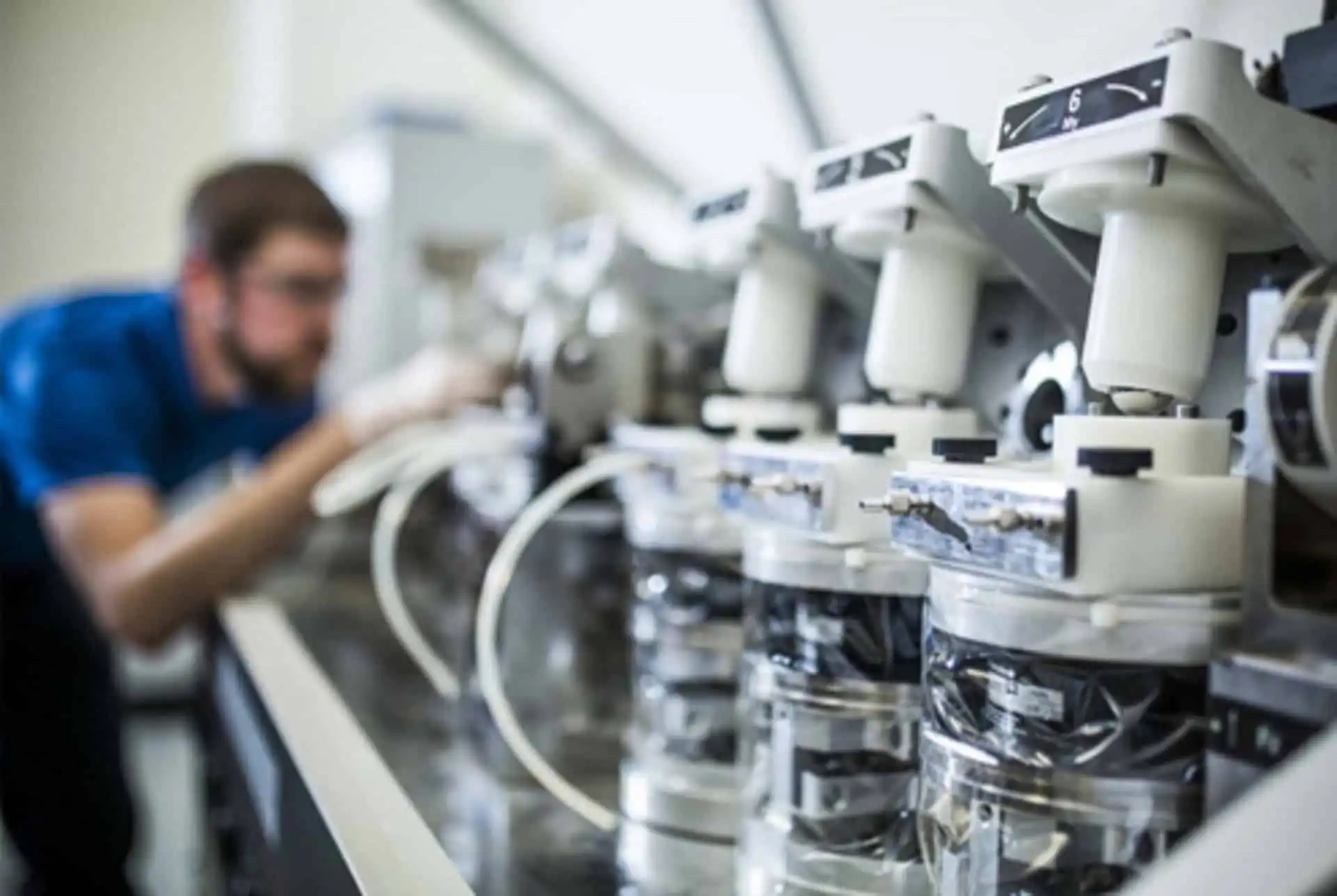Medical
In the medical industry, JINOO CNC tools are used to manufacture precise components like surgical instruments, implants, and prosthetics. They enable the production of complex shapes with high accuracy, ensuring that medical devices meet strict safety and quality standards essential for patient care.

JINOO 精诺

Application Scenarios
Medical Instrument Manufacturing:
- Surgical instruments: processing scalpels, scissors, tweezers and other high-precision parts, requiring precision and high-quality surface.
- Minimally invasive instruments: for the processing of tiny and complex parts, meeting the demand for high-precision micromachining.
- Implant components: processing of shells and connecting parts for pacemakers, cochlear implants, etc.
Orthopaedic implant machining:
- Artificial joints: machining complex surfaces and high-precision holes to ensure fit and durability.
- Bone plates and nails: Machining of threads, holes and profiles requiring high precision and strength.
Dental instruments and restorations:
- Dental instruments: Machining of micro-sized instruments such as dental drills and probes, requiring high precision.
- Dental implants: processing of threads and surfaces to ensure stability and biocompatibility.
- Dental prostheses: processing of all-ceramic crowns, etc., requiring high precision and quality surfaces.
Advantages
High hardness and wear resistance:
- Suitable for difficult-to-machine materials: effective processing of titanium alloy, stainless steel and other high-strength materials.
- Extend tool life: reduce wear and tear, reduce the frequency of replacement.
High precision and quality surface:
- Meet micron-level precision: achieve high-precision machining to meet medical requirements.
- Enhance surface finish: Improve biocompatibility and reduce the risk of infection.
High Temperature Resistance and Stability:
- High Temperature Resistance: Maintains stable performance in high speed cutting.
- Cutting Stability: Ensure consistent machining quality that meets stringent standards.
Adaptation to Complex Machining Needs:
- Machining Complex Shapes: Highly efficient machining of complex curved surfaces and microstructures.
- Multi-material compatibility: Suitable for a wide range of metal and alloy materials.

Industry convenience
Improve efficiency and reduce costs
- High-efficiency machining: shorten machining cycle time to meet the demand for rapid delivery.
- Reduce tool costs: Extend tool life, reduce replacement and inventory costs.
Improve quality and ensure stability
- High Consistency: Ensure consistent product quality and reduce failure rates.
- Meet stringent standards: Comply with medical industry regulations and certification requirements.
Supports advanced manufacturing
- Adaptable to micro-machining: meets the trend towards miniaturisation and high precision of instruments.
- Compatible with automated production: support unmanned and intelligent manufacturing to improve efficiency.
Meet hygiene and environmental requirements
- Reduces contamination: Reduces the risk of contamination to products and the environment.
- Improve material utilisation: reduce scrap rate and material waste.

